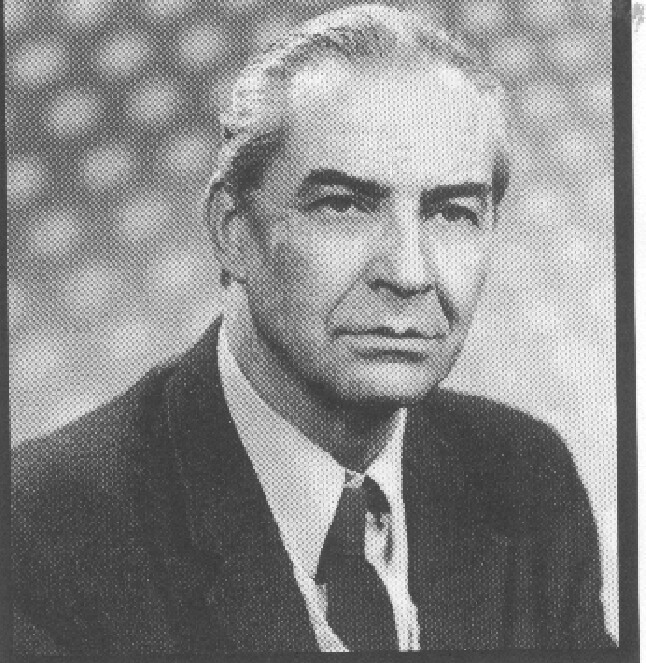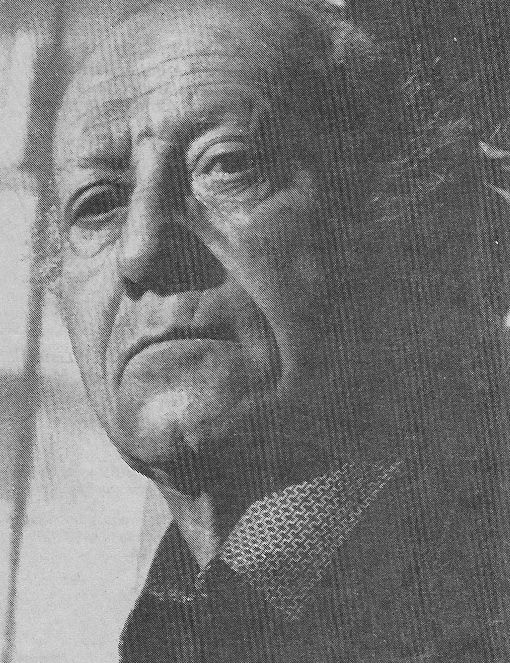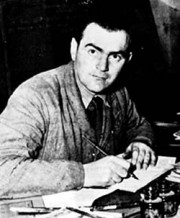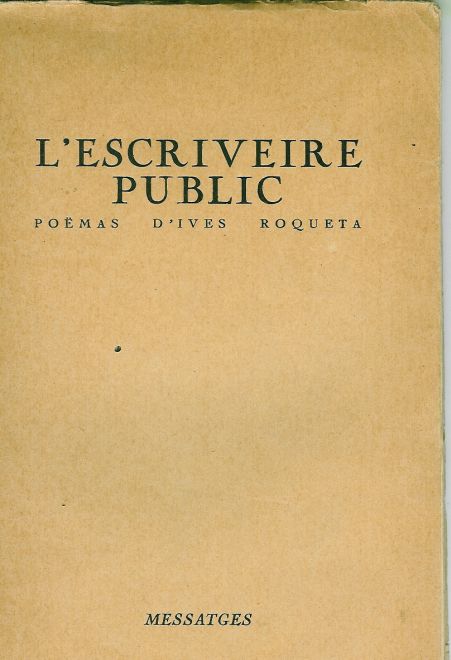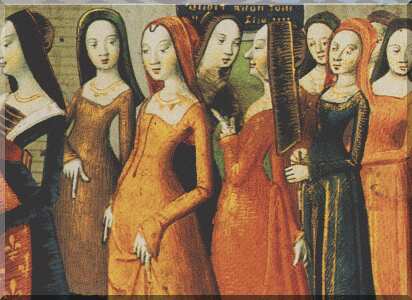 |
Occitan poetry 980-2006 by Joan-Frederic Brun
|
||||
|
Max Allier
Leon Cordes Jean Boudou
|
Actually the XXth century had started rather well for Occitan culture. That's the time known in French history as "la Belle Epoque" (the beautiful epoch). Mistral, still alive, is a well-recognized and admired leader. Even more, he wins the Nobel prize (1904). Young writers investigate new areas: Joseph d'Arbaud, Folco de Baroncelli, Marius André, Valère Bernard...
Valère Bernard. However, all this wonderful blossoming of cultural life will be suddenly upset with the occurrence of First World War. Most young poets will die. Other lose their health and most of their young illusions... Journal fully written in Occitan will circulate among the troops on the battlefields, delivering some taste of sun and bliss within the horror of everyday death... One is written by Josèp Lobet: "la Gaseta Lobetenca". Another by Pèire Azemà: "Lo gal" (the hen). One cannot read those war journals without a strong feeling of emotion. Later, young soldiers back from the war have acquired the use to speak French. Occitan disappears gradually from the streets of Marseille, Montpellier and Toulouse. Is it too late? Youngsters full of enthusiasm appear on the Occitan scene. At Montpellier this is the "Novèl Lengadòc". A group of students producing a high standard cultural journal. At the same time, two young physicians from Toulouse, Ismael Girard and Camille Soula, create a journal that is still alive 85 years later: "OC". In connection with the impressive cultural and politic revival of Catalonia, "OC" is the wind of modernity in front of the Provençal Felibrige, more and more asleep afeter Mistral's death, despite some great individual successes. In the 1930's, great advances are performed. Louis Alibert achieves the normalization of the language, under the influence of the Catalan linguist Pompeu Fabra. Since this time it is possible to write Occitan with the same rules as the troubadours of the XIIth century, and therefore the profound unity of this language is again obvious both geographically and historically. Max Rouquette
Max Rouquette releases his first great texts: Secrèt de l'Èrba (Secret of the grass), Los sòmis dau matin ("Morning dreams"). This style thoroughly renews the modern way of writing Occitan. A political journal, "Occitania", directed by Camproux, Barthe and Rouquette, urges for a complete revival of Occitan culture. However, dark clouds invade again the Occitan sky. There is first of all the Spanish repression against Catalonia's rebirth. An then, the Second World War. All that Occitan revival appears once again greatly compromised... Nevertheless, during this war, "OC" is still alive. Little fascicles on poor paper, but great contents. Beside Girard two leaders here: Max Rouquette and René Nelli. Two great poets as well. And new people appear: Max Allier, Felix Castan, Robèrt Lafònt, Bernard Manciet. In 1946 this team succeeds in founding the long expected "Institut d'Estudis Occitans" (Institute for Occitan Studies), That will go on publishing "OC". A series directed by Felix Castan. This is the period Occitan is massively forgotten by the whole population. People born after 1945 are in most of the cases totally French unilingual. This is the period where almost all the people interested in Occitan went once in a bus visiting the Tarn's Canyon, a famous place near Millau. Then Max Rouquette, the legend says, told Bernard Manciet: "If this bus falls into the canyon, there's no more Occitania"... However, despite all reasonable expectations, Occitan culture did not disappear. Some great works were released: Verd Paradís (Green Paradise) by Max Rouquette; Lo Gojat de Noveme (November's guy) , by Bernard Manciet; Lo libre de Catòia (Catòia's book) and "Lo libre dels Grands Jorns" ("The book of the great days") by Jean Boudou; "Dire" (Say) by Robert Lafont, "La paciéncia" (Patience) by Yves Rouquette... And at the end of the 60's there will be again a revival of Occitan culture. In total disagreement with all reasonable expectancy...
|
||||
 Bernard
Manciet Bernard
Manciet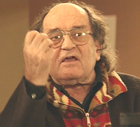 Félix
Castan Félix
Castan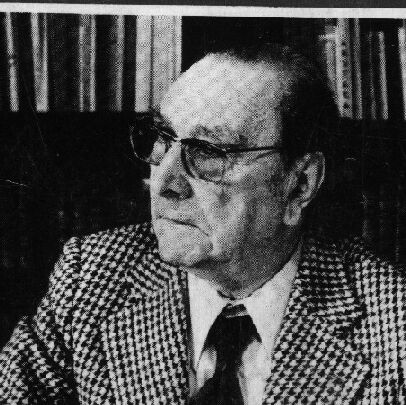 René Nelli René Nelli
|
|||||
|
René Nelli |
|||||
|
Max Allier |
|||||
| Henri Espieux | |||||
|
Leon Cordes |
Marcelle Drutel |
||||
